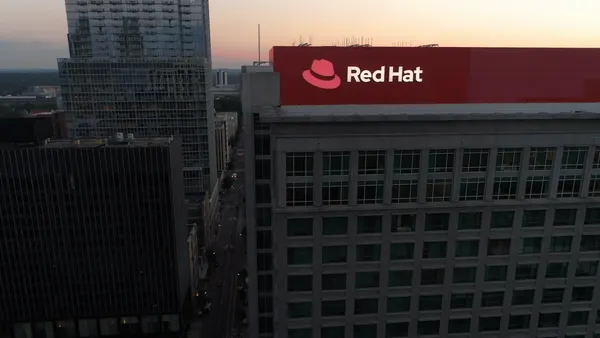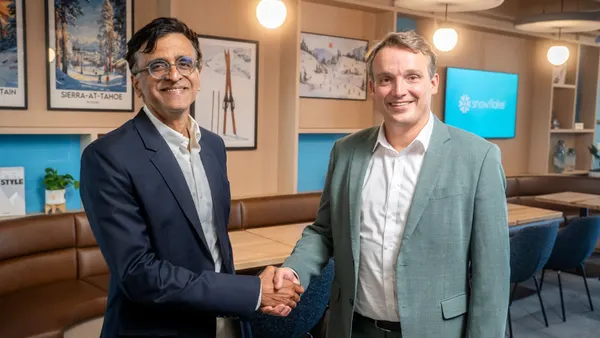As technology advances, some carriers are not waiting to greet it down the road.
Officials at logistics company Schneider said they plan to build a 20,000-square-foot innovation center called "The Grove." The center will be built near Schneider's main campus in Ashwaubenon, Wisconsin, and is set to open in late 2022.
The center will not focus on any one imminent innovation or technology, according to Brian Stuelpner, Schneider vice president of strategy, planning and architecture. Instead, the center will focus on every new innovation and technology it can, with teams shifting in and out of the location, depending on the project.
Schneider officials said technologies at the facility will relate to visualization, artificial intelligence, machine learning, automation and user-experience enhancements. The goal is not to replace the human equation, but to enhance it with machines and digitalization.
"Our general intent is to focus on what machines do well and what humans do well," said Stuelpner.
One thing machines do well is generate data. One thing humans could do better is to interpret that data. It's a common concern in the transport sector, as Class 8 tractors, buses and trucks, in general, become more wired and sophisticated.
The industry is increasingly looking toward machines to interpret data, to filter out what is not needed, and to prioritize things such as maintenance-related red flags.
"There are tons of opportunities ... to improve our decision-making," said Stuelpner.
Autonomy on the horizon
Schneider has also moved to the front of line to obtain Level 4 autonomous trucks. In May, TuSimple announced Schneider, Penske Truck Leasing and U.S. Xpress are among what TuSimple calls its "first wave" of customers to put in reservations. TuSimple will retrofit with its L4 technologies Navistar's International LT Series trucks. They plan to begin production in 2024.
But how ready is the United States for L4 automation in Class 8 trucks? Companies such as Schneider are betting big bucks on autonomous trucks laced with other forms of tech. But it could be for naught if states and the federal government forbid L4 technology on the interstates.
Glynn Spangenberg, Locomation chief commercial officer, said he sees regulatory progress. Spangenberg said states are leading the way in autonomous vehicles, with the federal government providing guidance. It's welcome news in perhaps trucking's biggest technological ambition: to get a large number of trucks up and moving without drivers.
Spangenberg said reception nationwide has been positive to the ambition. The good news is nobody is saying "not in my backyard," said Spangenberg.
"There is a ton of data that is coming our way. How we use that data will drive our path toward success."

Brian Stuelpner
Senior Vice Presdient of Strategy, Planning and Architecture at Schneider
Meanwhile, robotics is spreading through the supply chain at a greater pace. Schneider will likely target improvements in time and motion "because the cost of labor is so great," said Spangenberg.
Industrywide, a major disruptor will be the removal of outdoor mirrors from trucks, with OEMs and retrofitters instead turning to mirrorless technology, such as cameras, to assist drivers in removing blind spots, Spangenberg said. The mirrorless technology also removes wind drag, he said.
Such improved technology will improve the driver experience, Stuelpner said. Even with greater automation and AI coming, transport officials do not see an end to great demand for drivers.
"Drivers are really a hard commodity to come by," said Stuelpner.
To improve overall, trucking companies and freight carriers will eventually evolve into data companies, Stuelpner said. They will use that data to improve efficiency, improve shipping and calculate the most efficient pricing and lane use.
"There is a ton of data that is coming our way," said Stuelpner. "How we use that data will drive our path toward success."













